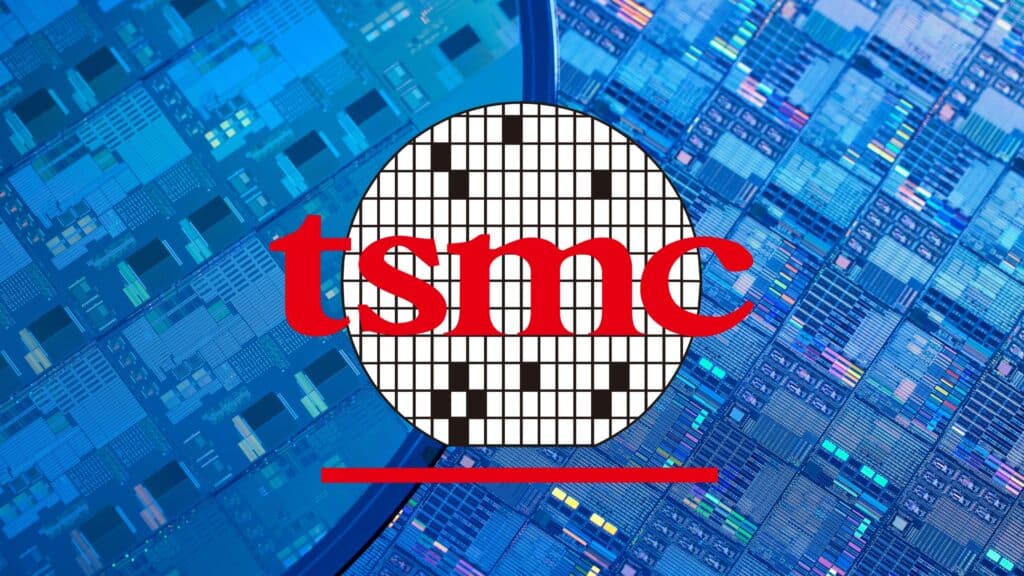2024
11/15
Links in this article contain affiliate advertisements.
Taiwan Semiconductor Manufacturing Co., Ltd. (TSMC) has decided to postpone the completion ceremony for Fab 21, which is currently under construction near Phoenix, Arizona, from December 6, 2024 to January 2025. The decision is said to be based on changes in semiconductor industry policy during the transition period in the United States.
table of contents
Background and impact of the postponement of the ceremony
The original completion ceremony was scheduled to be attended by current President Joe Biden, President-elect Donald Trump, Arizona Governor Katie Hobbs, and TSMC founder Morris Chang. According to a report from DigiTimes, TSMC has already notified prospective invitees of the postponement, and is considering holding the new ceremony after January 22, 2025, when Trump will be inaugurated as president, or in February. I am doing it.
The reason behind this decision to postpone is a decision that takes into account the turning point in the U.S. semiconductor industry policy. Trump made strong statements against Taiwanese semiconductor companies during the previous administration, and TSMC is preparing for policy changes under the new administration.
Manufacturing capacity and technology development
The Fab 21 project will become TSMC’s most important strategic base in the United States. The plan, which has a total investment of approximately $65 billion, is currently proceeding as planned. The company has received $6.6 billion in subsidies and $5 billion in loans from the U.S. government, as well as tax credits worth 25% of its investment, and aims to build a large-scale semiconductor manufacturing base through public-private collaboration.
In the first phase, we have already started manufacturing 4nm/5nm class processors for Apple. Preparations are steadily progressing toward the start of full-scale mass production in 2025. The construction of the second phase is also in its final stage, and production is planned to begin using 3nm or 2nm class manufacturing processes from 2027 to 2028.
Furthermore, the third phase is expected to begin operations in the late 2020s to early 2030s, and is considering the introduction of more advanced manufacturing processes. Wang Ying-lang, TSMC’s deputy general manager in charge of factory operations, was appointed as the person in charge of factory operations. He has experience in manufacturing 6-inch to 12-inch wafers, and has a track record of developing and mass producing manufacturing process technology from 0.35 micrometers to 5 nanometers.
Market environment and future prospects
TSMC’s expansion into the United States is a move that symbolizes the reorganization of the global semiconductor supply chain. TSMC currently has a substantial market advantage, especially in advanced manufacturing processes below the 5nm class. The reliance of many major U.S. technology companies on TSMC’s manufacturing capabilities is a factor supporting the company’s negotiating position.
Xenospectrum’s Take
TSMC’s decision illustrates the complex interrelationship between US industrial policy and corporate strategy. Although subsidies and loan guarantees are expected to be revised under the new administration, TSMC’s technological superiority will be an important asset in negotiations. As securing cutting-edge technology in semiconductor manufacturing becomes increasingly important as a national strategy, TSMC’s Arizona factory is more than just a manufacturing base. There is no doubt that this will be an important indicator in predicting the future direction of U.S.-Taiwan relations and the semiconductor industry.
Sources

